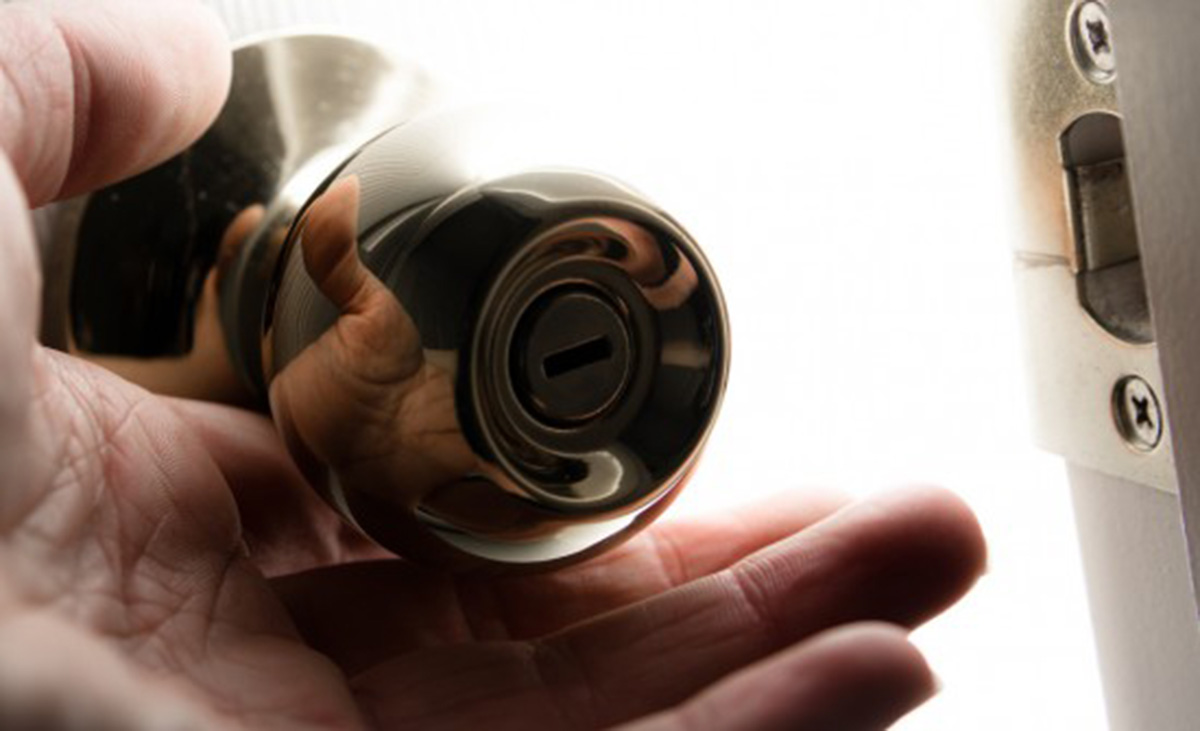Table of Contents
Just as wrong is the idea you can catch HIV without intimate contact.

4. You can catch HIV from someone who has AIDS through casual contact.
You can't catch HIV from someone by:
- Using the same drinking glass.
- Using the same toothbrush.
- Handling their bed linens or laundry.
- Hugging or shaking hands with a a person who has HIV.
- Touching a door knob or toilet seat after someone who has HIV.
- Using the same water fountain.
- Using the same furniture or gym equipment.
- Dipping a chip into the same bowl of dip.
- Handing them a pencil, a plate, a book, or similar object.
- Wearing their clothes after they have been laundered.
However, that doesn't mean that no precautions are needed in living with or taking care of someone who has AIDS. Many people who have AIDS acquire other infections, and sometimes those infections can be transmitted by personal contact. Syphilis and herpes, for example, are spread through contact, and require much more stringent precautions. Speak with your physician for guidance on universal precautions and additional precautions that may be needed in your particular situation.
5. If I'm straight, and I don't use intravenous street drugs, I can't get HIV.
The transmission of HIV is most likely during rough sex, but sometimes the sheer number of exposures (there are people who have sex with hundreds or even thousands of partners) leads to infection.
6. AIDS was a government-sponsored program of genocide.
This rumor has been going around for about 20 or 30 years--and if you seriously pursued it 20 or 30 years ago, you quickly found yourself in trouble with authorities and getting advice to keep quiet. However, even if AIDS were created in a government lab to wipe out gays, or Blacks, or Hispanics, or to stimulate the pharmacuetical industry,
7. Two people who both have HIV can have unprotected sexual intercourse without problems.
This attitude is very common among gay men in the USA, but it's based on a fallacious understanding of the disease. If you are on medications for HIV, your medications have been fine-tuned for your strain of the virus. Having sex with someone who has a different strain of the virus can make your medications ineffective.
Even worse, HIV-positive people who have unprotected sex with other HIV-positive people often develop the idea that the low risk of transmitting the disease in any given act of sexual intercourse makes it safe for them to have unprotected sex with others who don't have the virus yet. Or young people want to "get it over with." It's simply never safe to have unprotected sex with someone has HIV--even if you do, yourself. Condoms and dental dams for oral sex are simply a must.
8. You can't get HIV the first time you have sex.
Unfortunately, you can. And if the first sexual experience is physically traumatic, transmission is more likely.
Engaging in unprotected vaginal or anal sex, especially if one or both partners are living with HIV or have an unknown HIV status, carries a risk of transmission. It is important to note that HIV can be present in the body even if the infected individual does not show any symptoms.
9. People who don't have a detectable viral load (that is, who are getting effective AIDS treament) can't spread the virus.
Unfortunately, even if a blood test shows that the virus is at undetectable levels due to effective treatment, there may still be virus in semen or vaginal secretions.
Read More: Living with AIDS
10. Once you get HIV, your life is over.
HIV isn't yet a curable disease, but it's a lot easier to manage than it used to be. There are even single-pill programs available for treating some strains and some stages of the disease; it used to necessary to take up to dozens of pills daily on precise schedules. Even if you develop AIDS, you may have decades of productive and enjoyable life.
Medical treatment, however, is essential. While there are a few rare individuals who have gone into remission from the disease because of their unusual genetics, there is no herbal remedy, no treatment based on radionics or radiation, no alternative that gets rid of the virus for good. In combination with other treatments, however, complementary and alternative therapies can sometimes be a good investment of time, money, and effort, but it's essential to work with your doctors rather than against them.
- Govender T, Coovadia H. Eliminating mother to child transmission of HIV-1 and keeping mothers alive: Recent progress. J Infect. 2013 Oct 16. doi:pii: S0163-4453(13)00282-X. 10.1016/j.jinf.2013.09.015. [Epub ahead of print] PMID: 24139190.
- Mounzer K, Palella F, Slim J, et al. SPIRIT: Simplifying to rilpivirine/emtricitabine/tenofovir Df single-tablet regimen from boosted protease inhibitor regimen maintains HIV suppression in the black subgroup [abstract H-656]. Presented at: The 53rd Interscience Conference onAntimicrobial Agents and Chemotherapy (ICAAC). September 11, 2013, Denver, Colorado.
- Mindmap by steadyhealth.com
- Photo courtesy of derrickcollins by Flickr : www.flickr.com/photos/derrickcollins/5385432331/


Your thoughts on this